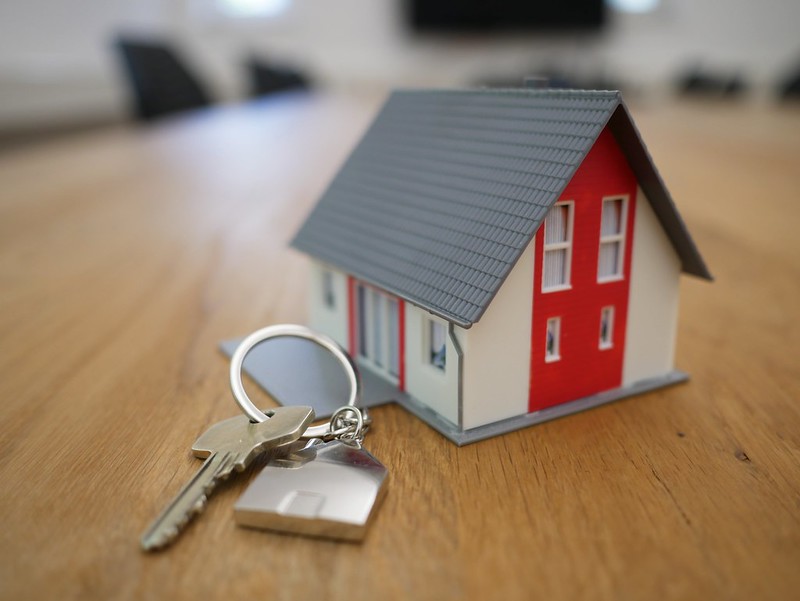
Over the past 20 years, house prices in the Netherlands have surged, with affordability becoming more challenging, especially for single buyers. However, ABN Amro's latest housing market
research finds the trend is not unusual within the EU.
Despite rising prices, the Netherlands remains relatively affordable by European standards. Couples with average incomes can still buy homes, though single individuals face growing difficulties.
In terms of real house price growth, the Netherlands ranks seventh in the EU, with prices increasing by 48% over the last decade. This is far behind Portugal (+85%), Hungary (+80%), and Lithuania (+56%) but significantly higher than neighboring Belgium (+6.8%) and Germany (+14.1%).
The Netherlands also leads the EU in housing subsidies — including mortgage interest relief and lower transfer taxes — though these measures have done little to ease affordability pressures.
On a positive note, Dutch homeowners enjoy large, energy-efficient properties and have some of the lowest mortgage arrears in the EU. Yet, the country still faces a housing shortage of around 400,000 homes — a challenge mirrored across Europe.
Meanwhile, a study by homeowners' group VEH highlights the personal impact of the housing crisis. Half of prospective first-time buyers are delaying major life decisions, including starting families. Among those delaying parenthood, 60% cite housing uncertainty — up from 40% five years ago.
The VEH is calling on the government to take urgent action to boost housing supply for young people.



































